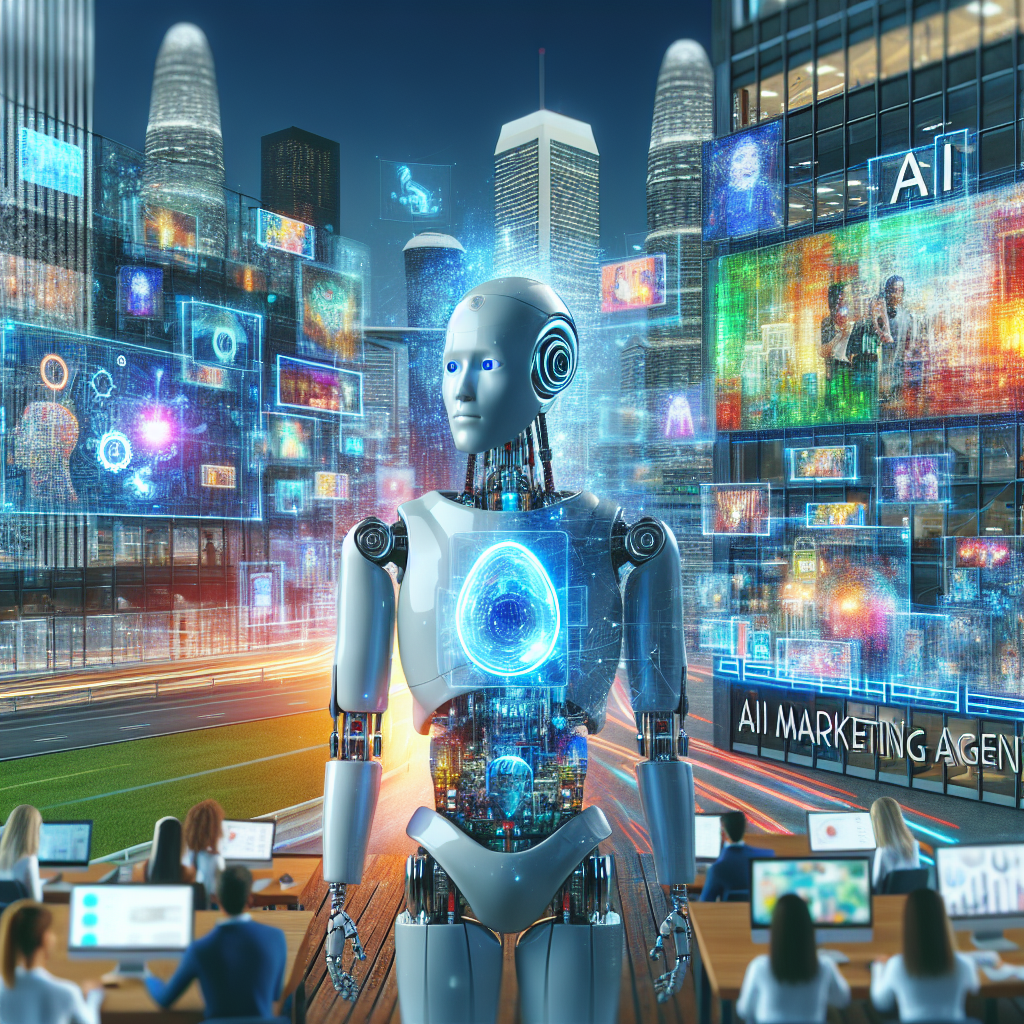

One of the primary advantages of AI marketing agencies is their ability to process and analyze vast amounts of data in real-time. By harnessing machine learning algorithms, these agencies can analyze consumer behavior, preferences, and trends to generate valuable insights for advertisers. This allows them to create highly personalized campaigns that resonate with target audiences, leading to increased engagement and conversion rates.
AI marketing agencies also excel at optimizing advertising campaigns for maximum impact. Through automated A/B testing and predictive analytics, these agencies can continuously refine and improve ad performance, ensuring that every dollar spent delivers maximum return on investment. This data-driven approach eliminates the guesswork that often plagues traditional ad campaigns, allowing brands to make informed decisions based on empirical evidence.
In addition, AI marketing agencies are enhancing the creative process by leveraging advanced technologies such as natural language processing and computer vision. These tools enable agencies to generate compelling ad copy and visual content, tailored to the preferences of individual consumers. With the ability to create personalized ads at scale, AI agencies can deliver highly relevant content that captures the attention of consumers and drives them to take action.
As AI technology continues to evolve, the capabilities of AI marketing agencies will only expand. We can expect to see even more sophisticated algorithms that can predict consumer behavior with greater accuracy, as well as AI-powered tools that enable agencies to track the performance of ads across multiple channels in real-time. This level of automation and optimization will enable brands to reach their target audiences more effectively and efficiently than ever before.
Of course, the rise of AI marketing agencies also raises concerns about data privacy and ethical considerations. As these agencies collect and analyze vast amounts of consumer data, it’s crucial that they prioritize transparency and compliance with regulations such as GDPR. Brands must also ensure that they are using AI technology responsibly, avoiding practices that could be perceived as intrusive or manipulative.
Overall, the future of advertising looks bright with AI marketing agencies leading the way. By harnessing the power of artificial intelligence, these agencies are driving innovation in the industry and helping brands connect with consumers in more impactful ways. As AI technology continues to advance, we can expect to see even more personalized, engaging, and effective advertising campaigns that deliver results for brands and create meaningful connections with consumers.
[ad_2]
[featured_image size=”large” class=”custom-class”]
ty Concerns ## **Introduction** The rapid development of digital twins and artificial intelligence (AI) is…
Most musicians struggle with social media. They post sporadically, chase trends, and hope for virality.…
𝗘𝗮𝗿𝗻𝗲𝗱 𝗠𝗲𝗱𝗶𝗮: The Free Marketing '𝗠𝗶𝗿𝗮𝗰𝗹𝗲' you should try to leverage. Unlike paid ads, you…
How I reuse my LinkedIn content on other networks using Buffer, X and Make com…
HOOK: Tired of spending hours searching for the pe
Hook: Are you tired of using the same old generic